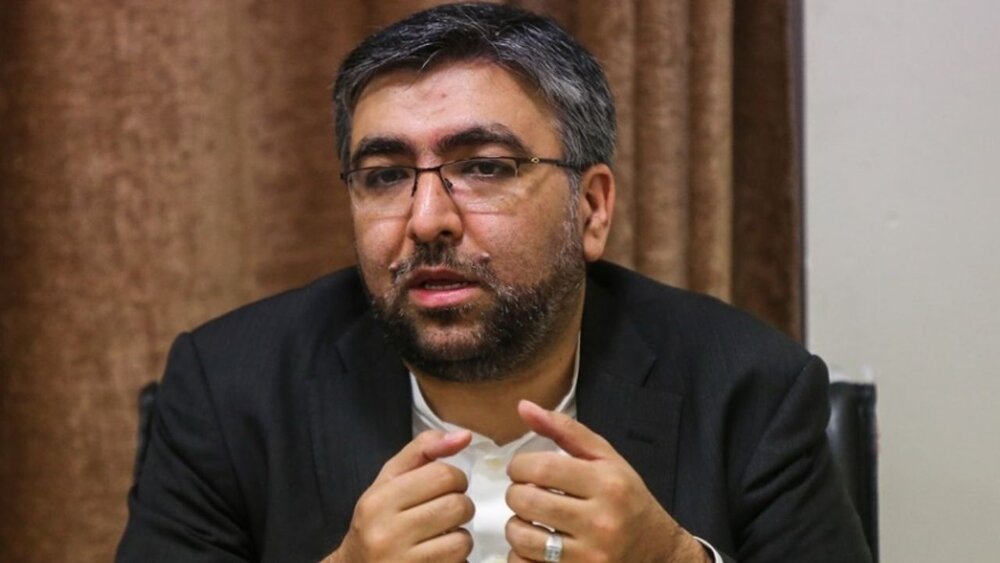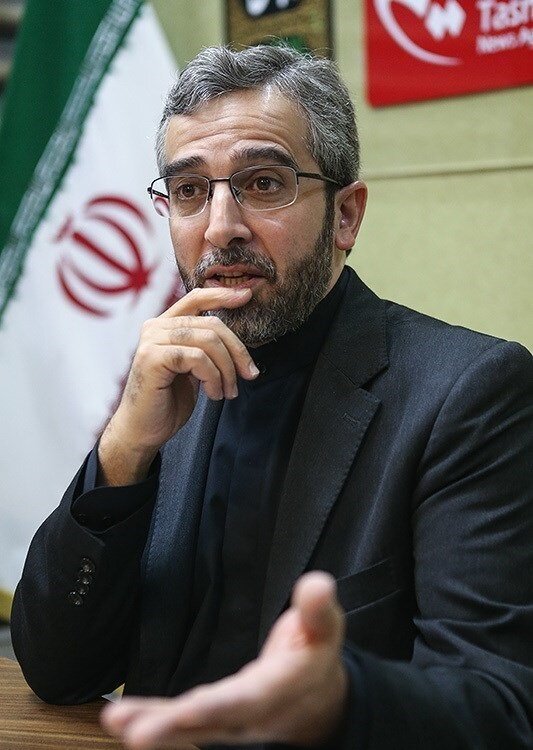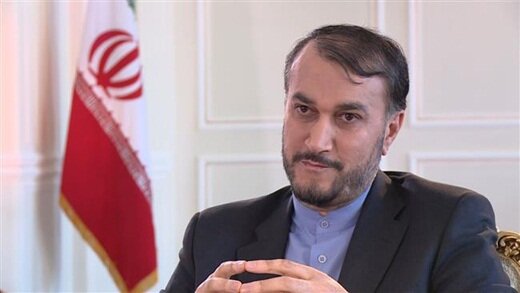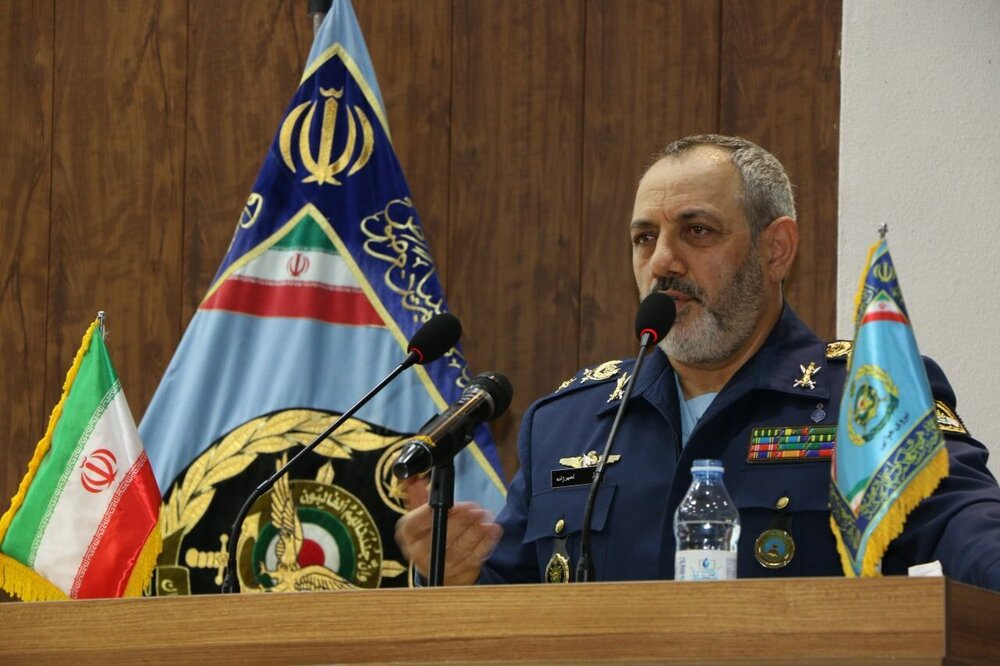TEHRAN – Iran has no interest in escalating tensions with the United States, Iran’s ambassador to the United Nations Majid Takht-Ravanchi has said.
The Iranian ambassador pointed out that the Islamic Republic of Iran has shown in practice that it has no interest in making provocative moves and escalating tensions even during the time when the Trump administration started to stoke tensions and make provocative moves.
The Iranian envoy made the remarks in response to Al Jazeera’s question about a possible escalation of tensions as a result of Tehran’s moves to scale down its commitments under the 2015 nuclear deal with world powers, officially known as the JCPOA, according to Press TV.
Iran has recently struck a deal with the International Atomic Energy Agency on how to continue cooperation in light of the Iranian Parliament’s nuclear law that came into effect on February 23.
The nuclear law, officially called “Strategic Action to Lift Sanctions and Protect the Nation’s Rights,” stipulates that the Iranian government should take certain nuclear measures such as raising the level of uranium enrichment to 20% and suspending the voluntary implementation of the Additional Protocol in few months if the Western parties failed to honor their obligations under the 2015 Iran nuclear deal, formally called the Joint Comprehensive Plan of Action (JCPOA).
The sixth article of the law clearly stipulates that if the remaining parties to the JCPOA – Germany, France, China, Russia and the UK- failed to facilitate Iran’s oil exports and the return of Iranian oil revenues in two months, the Iranian government would be obligated to stop inspections beyond the IAEA safeguards, including the voluntary implementation of the Additional Protocol, which allows unannounced and intensive inspections of nuclear sites.
The IAEA chief Rafael Grossi paid a visit to Iran two days before Iran starts implementing the nuclear law to make arrangements for the implementation of the law, according to Iranian Foreign Minister Mohammad Javad Zarif.
“Mr. Grossi came to Iran to make arrangements for the implementation of the law. We have reached an agreement in this regard, and the principle of this agreement is that the tapes recorded from our nuclear programs, which were never presented live to the Agency, but were provided on a daily and weekly basis, will be kept from now on and will not be presented to the Agency,” the chief Iranian diplomat said, noting that Iran will continue to implement the IAEA safeguards.
The IAEA and the Atomic Energy Organization of Iran (AEOI) issued a joint statement outlining the content of the deal moments after Grossi concluded his visit to Iran.
“The Atomic Energy Organization of Iran (AEOI) and the International Atomic Energy Agency (IAEA) recalled and reaffirmed the spirit of cooperation and enhanced mutual trust that led to the Joint Statement in Tehran on 26 August 2020, and the importance of continuing that cooperation and trust,” the statement said. “The AEOI informed the IAEA that in order to comply with the act passed by the Parliament of the Islamic Republic of Iran called “Strategic Action to Cease Actions and Protect the interest of Iranian Nation” (The “Law”) Iran will stop the implementation of the voluntary measures as envisaged in the JCPOA, as of 23 February 2021.”
The statement added, “In view of the above and in order for the Agency to continue its verification and monitoring activities, the AEOI and the IAEA agreed: 1. That Iran continues to implement fully and without limitation its Comprehensive Safeguards Agreement with the IAEA as before. 2. To a temporary bilateral technical understanding, compatible with the Law, whereby the IAEA will continue with its necessary verification and monitoring activities for up to 3 months (as per technical annex). 3. To keep the technical understanding under regular review to ensure it continues to achieve its purposes.”
‘Deal with IAEA shows Iran still honoring obligations’
Takht-Ravanchi said this deal is yet another sign that Iran continues to honor its international obligations.
He said the moves made by Iran in reaction to the failure of other JCPOA parties in living up to their commitments cannot result in an escalation of tensions.
“When the Trump administration decided to leave the JCPOA, the remaining parties to the JCPOA asked us not to adopt a stance similar to that of Trump. They said they will compensate for the damages caused by the Trump administration’s withdrawal from the deal. We waited for a year, but we didn’t get anything from their promises, and it was just an empty promise,” he was quoted as saying by Press TV.
Therefore, the envoy added, Iran had no other choice if it wanted to create a balance in the nuclear deal, and thus started to take certain measures in that regard.
“Recently, when our Parliament witnessed that the other parties to the JCPOA are not serious about making up for our damages, and that the E3 is not willing to fulfill its commitments, it decided to … pass a law that obliges the administration to take measures like increasing uranium enrichment.”
“What we did was based on paragraph 36 of the nuclear deal, and was in line with our commitments based on the text and spirit of the JCPOA,” he added.
“It wasn’t Iran that sent arms to a region far from its territory; it was rather the U.S. that sent arms and warships to our region, which is 7,000 miles away from America,” he said.
“All these provocative moves, including the assassination of our dear general Martyr Soleimani which was a very provocative terrorist attack, were made by the U.S. Iran hasn’t had and still doesn’t have any interest in making provocative moves,” Takht-Ravanchi said.
U.S. return to the JCPOA needs no mediator
The Iranian ambassador also commented on Qatar’s effort to mediate between Iran and the West, saying that there is no need for Qatar’s efforts in this regard.
When asked about Qatar’s bid to mediate between Tehran and Washington, Takht-Ravanchi said the U.S. return to the JCPOA needs no mediator.
“We have good relations with our Qatari brothers. Qatar is a totally friendly country, but we believe the U.S. must return to its commitments in full, and that’s what needs to be done. Therefore, it needs no mediator.”
Takht-Ravanchi said the U.S. implementation of its commitments does not even need any negotiation.
“It is up to the U.S. to decide whether it wants to fulfill its commitments or not. The implementation of their commitments does not need any negotiation. The U.S. needs to make the necessary decisions,” he added.
He said the U.S. administration is well aware the sooner it returns to its JCPOA commitments, the better.
“The best way is that the U.S. returns to its commitments, and then Iran will do the same. In that way, talks can be held on the JCPOA-related issues within the P5+1 platform. This is an easy and diplomatic way, and I think this solution can be easily achieved,” he added.
Qatar has offered its good offices to settle the disagreements between Iran and the West over the 2015 nuclear deal.
On Friday, Qatari Deputy Prime Minister and Minister of Foreign Affairs Sheikh Mohammed bin Abdulrahman Al-Thani met with the ambassadors of the three European countries that are signatories to the JCPOA.
“During the meeting, they discussed the latest developments in restoring the diplomatic track and activating dialogue, in addition to the implementation by all parties of their obligations stipulated in the agreement between the P5+1 and Iran,” the Qatari Foreign Ministry said in a statement.
According to the statement, Al-Thani affirmed the State of Qatar's tireless work in this direction, its firm stance on encouraging diplomacy and dialogue, and its permanent readiness for constructive work and support for all efforts in the interest of regional stability and international security and peace.
Earlier in December, Qatar even offered to mediate between Iran and Saudi Arabia.












